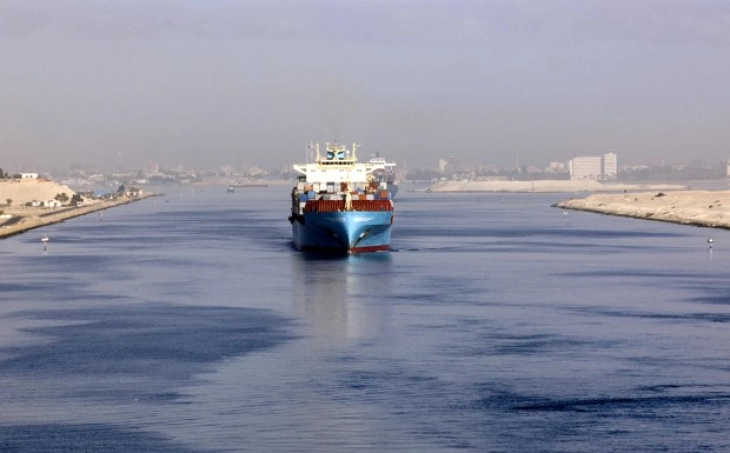Full impact of Red Sea shipping crisis yet to be felt, UN body warns
- Houthi attacks on commercial vessels in the Red Sea caused 42% fewer ships to travel through the Suez Canal this January than at the peak in the first half of last year, a UN trade body said on Thursday, warning that the full impact has yet to be felt by consumers.

Geneva, 23 February 2024 (dpa/MIA) - Houthi attacks on commercial vessels in the Red Sea caused 42% fewer ships to travel through the Suez Canal this January than at the peak in the first half of last year, a UN trade body said on Thursday, warning that the full impact has yet to be felt by consumers.
The disruption on the route that connects the Red Sea and the Mediterranean has caused spot container prices from Shanghai to Europe to rise by an average of 256% between the beginning of December and the end of January, the UN Conference on Trade and Development (UNCTAD) said, citing just one example.
Houthi militants from Yemen have been attacking ships in the Red Sea in what they say is retaliation for Israeli military action in the Gaza Strip.
Globally, freight transport has also been affected by the Russian war against Ukraine in the Black Sea and low water levels in the Panama Canal, which connects the Atlantic Ocean with the Pacific Ocean.
UNCTAD warned of the "potential far-reaching economic implications of prolonged disruptions in container shipping, threatening global supply chains and potentially delaying deliveries, causing higher costs and inflation. The full impact of higher freight rates will be felt by consumers within a year."
Ocean transport accounts for 80% of global freight movements, according to UNCTAD. Freight carriers sometimes have to take long detours to avoid the two Suez and Panama canals, which leads to rising costs due to longer transport times on top of higher insurance premiums.
In addition, the environmental impact is increasing due to the longer routes and because captains are travelling faster in order to keep to delivery schedules as far as possible.
Geneva-based UNCTAD estimates that higher fuel consumption could increase greenhouse gas emissions by 70% on return journeys from Singapore in South East Asia to Rotterdam in the Netherlands, for example.
"Mounting uncertainty and shunning the Suez Canal to reroute around the Cape of Good Hope is having both an economic and environmental cost, also representing additional pressure on developing countries" UNTAD said.
MIA file photo







